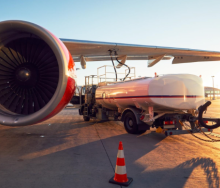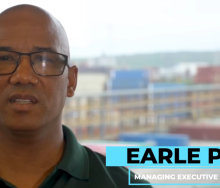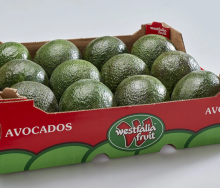Swissport has said its Flower Corridor from Kenya’s fertile highlands, from where the European Union receives most of its rose-cut flowers, reached 9,000 tonnes in the run-up to Valentine’s Day.
The ground handler said the success of its “Flower Corridor" could be attributed to advanced logistics out of the Kenyan interior.
“Extended shelf life and reduced waste improve the position of Kenyan growers compared to flowers from less sustainable greenhouses in Europe, benefiting both consumers and the planet,” a company statement said.
Globally, Kenya, described as “the flower garden of Europe”, exports 38% of the flowers imported by the EU.
According to Swizzport,400 to 500 tons of cargo, 85% of which is fresh flowers, pass through its 10,400-square-meter cargo centre in Nairobi.
“Every year Swissport successfully handles millions of fresh-cut flowers between January and February, aligning with peak demand during the Valentine's Day season, which begins in late January,” explains Edwin Musungu, Head of Cargo Services at Swissport Nairobi.
“For the current year, we anticipate handling approximately 9,000 tons of flowers, a slight decrease from previous years attributed to aircraft capacity constraints, with carriers prioritising the lucrative Chinese market due to the overlap with the Lunar New Year in 2024.”
Countering Kenya’s heat while flowers are on the move is at the centre of a cold chain innovation that “has transformed the handling of fresh-cut flowers connecting Nairobi with key locations in Europe such as Liege, Brussels, and Amsterdam, as well as markets in the Middle East and the Far East.”
Dirk Goovarts, CEO of Swissport for the Central Eastern, Middle East and Africa region, and the handler’s global cargo chairperson, said: “Since the Flower Corridor was launched, Swissport has been working on perfecting the cold chain solution to provide high-quality services that protect the integrity of fragile flowers and maximize returns for customers.
“We're excited about the future of air cargo handling in Kenya and are working with local cargo communities as we continue to enhance our solutions."













